Lifestyle
10 Key Reasons Why Socializing May Feel More Challenging As You Age

Remember when making friends felt as easy as picking a seat in the lunchroom? These days, it’s more like signing up for an Olympic event you didn’t train for. But don’t worry—you’re not broken, and you’re definitely not alone. So, let’s take a look at why socializing starts feeling a little trickier with time.
Reduced Energy Levels

As people age, energy naturally decreases, making it more difficult to engage in social activities. You may find yourself feeling fatigued after long conversations or social events, which can result in avoiding gatherings. Physical energy plays a pivotal role in how active your social life remains.
Health Challenges

When your knees start groaning or your back feels like it’s been through a blender, leaving the house for dinner with friends can seem like an impossible task. That’s how health issues can sneak up on you, making social events feel like a physical challenge.
Fewer Social Opportunities

Once you hit retirement, you realize just how much of your social life revolves around the office or the kids’ school activities. Without the built-in events and regular hangouts, it’s easy to slip into isolation without even realizing it.
Evolving Interests
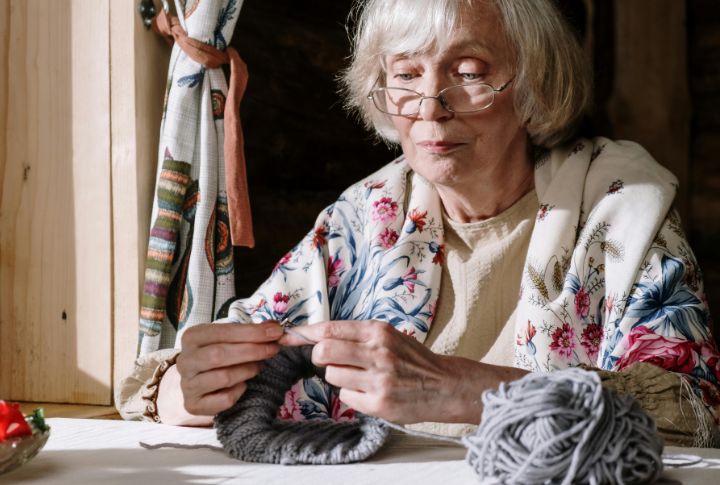
As you age, your tastes and hobbies might change. The activities that once brought you joy may no longer interest you, making it harder to connect with friends who still enjoy them. Finding common ground with your social circle can become a challenge as these shifts occur.
Loneliness And Isolation
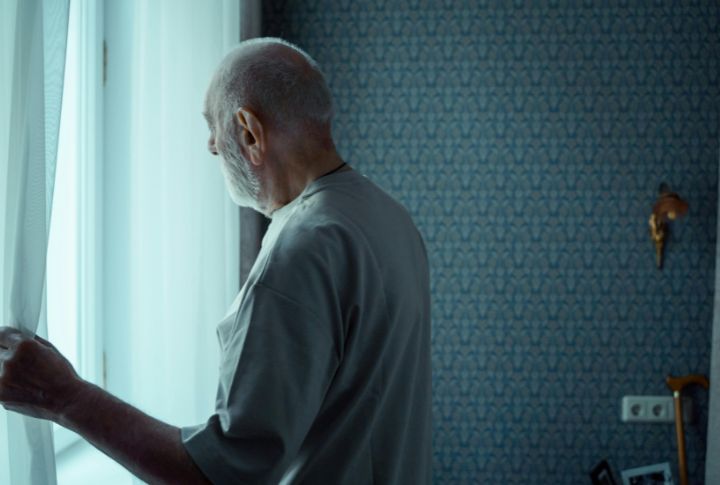
There’s a quiet kind of loneliness that often accompanies aging. You’re surrounded by the hustle and bustle of life, but something feels missing. Even with the best intentions, socializing seems like a distant dream when you can’t find the desire to leave the house.
Sensory Decline
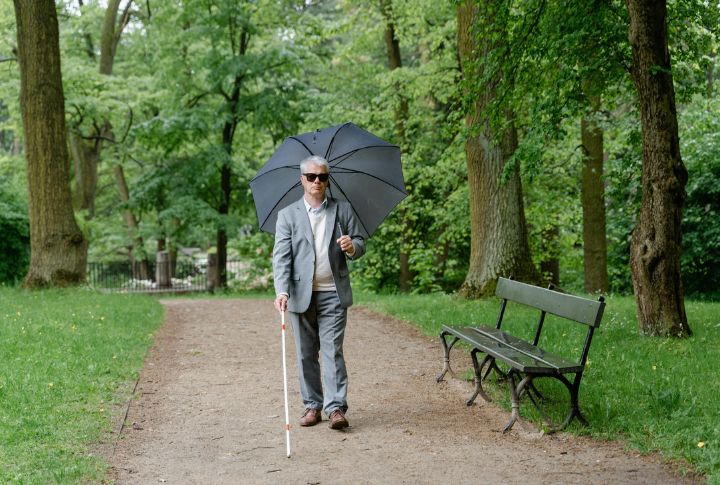
Hearing and vision loss become more common with age. These sensory challenges can cause frustration and embarrassment during social interactions, prompting you to avoid large gatherings. For many, these issues are manageable with aids like hearing devices, yet they still pose barriers to connection.
Cognitive Changes
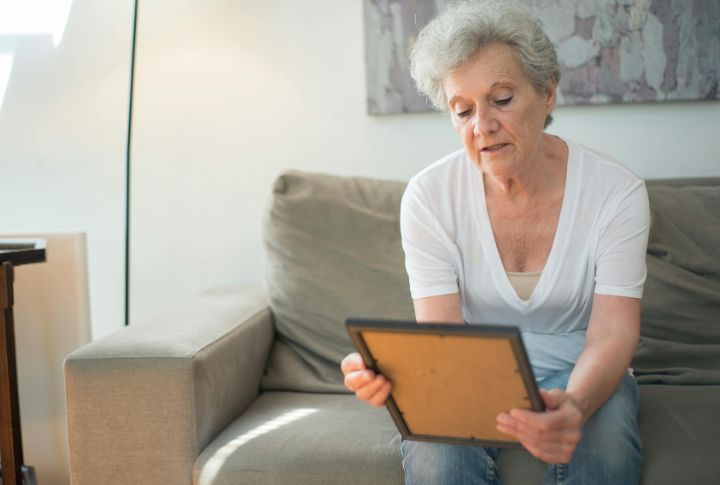
Memory loss can make socializing feel awkward, especially when you can’t recall the details of a conversation or what you were talking about the last time you met someone. You might even start second-guessing yourself, worrying about what others think.
Fear Of Judgment

The fear of judgment can sometimes be enough to keep you from socializing altogether. You may feel like you’re holding back, afraid to be the one who can’t keep up, or look a little different. But here’s the thing—most people are too busy worrying about themselves to even notice.
Technology Makes It Tough
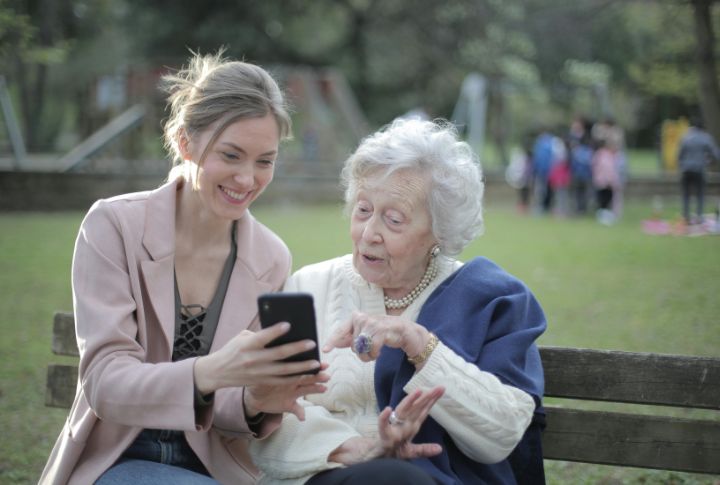
Socializing isn’t what it used to be. These days, everything is a text message, social media post, or Zoom call. For some, this digital world is a whole new ballgame. The pressure to keep up with technology can make you feel out of touch with the younger generation.
Changes In Emotional Health
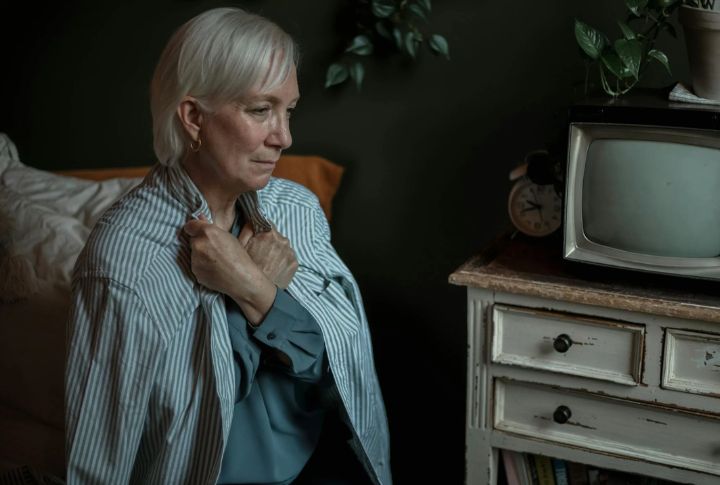
Depression or anxiety, often more prevalent in older adults, can lead to social withdrawal. Emotional health plays a significant role in your ability to engage with others. If feelings of sadness or worry become overwhelming, stepping out of your comfort zone to connect socially can feel insurmountable.

